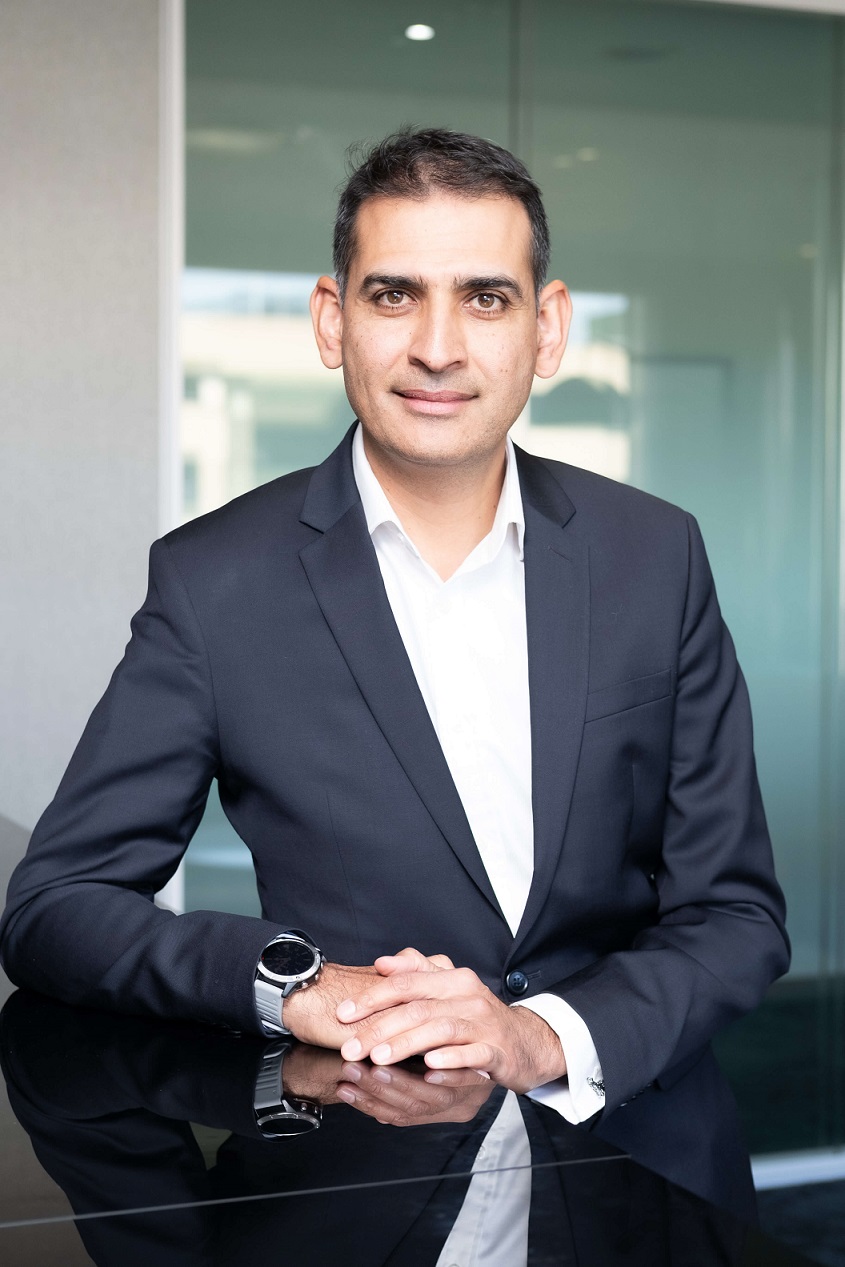The Future of African Mining: Navigating Sustainability Challenges
By Dean Hack, Absa Director for Resources & Energy Client Coverage, and Chetan Jeeva, Absa Head of SA Corporate Lending

The world is rewriting its rulebook. It’s no longer about what you produce but how you produce it. For resource-rich regions like Africa, the implications are profound: the value of its vast reserves of critical minerals is now tied not only to their abundance but also to the ethical and sustainable frameworks governing their extraction and processing.
Policies like the European Union’s Carbon Border Adjustment Mechanism (CBAM) and the United States’ proposed carbon tariffs undoubtedly put African mining under significant pressure – and whether this weight is merited or not depends on the lens through which it’s viewed.
From one perspective, this pressure is justified. The global climate crisis demands urgent action, and decarbonising industries like mining is an essential part of that response.
CBAM reflects a broader effort by major economies to account for the full carbon footprint of the goods they consume, including emissions embedded in imports. African mining cannot be an exception to this, especially since critical minerals like cobalt, lithium, and rare earths are central to enabling the green energy transition globally. For the world to achieve net-zero goals, every link in the supply chain – including mining – must contribute.
However, the counterpoint is equally valid: this pressure comes in a context of global inequity. African nations bear minimal historical responsibility for the carbon emissions driving climate change, yet they are being asked to shoulder significant burdens in the form of decarbonisation, often without sufficient financial or technological support. Many mining operations in Africa are already constrained by challenges like unreliable energy supply, outdated infrastructure, and limited access to capital. Introducing CBAM-like pressures risks exacerbating these vulnerabilities, potentially reducing competitiveness in international markets and stalling economic development.
Herein lies the paradox.
While the world’s green energy future depends on African minerals, Western-driven ESG requirements risk leaving the continent’s mining industry less competitive and more isolated. Bridging this gap requires urgent solutions – targeted financing, infrastructure investment, and collaborative frameworks that enable African mining to align with global sustainability goals without undermining its economic stability.
The greatest and most immediate hurdle to overcome is the upfront capital required to make the transition to greener operations, and today’s financiers and investors are increasingly prioritising ESG-aligned projects over pure profitability. For African mining, this means that attaining future-fit financing is contingent on demonstrating tangible commitments and progress in three areas: environmental sustainability, social responsibility, and sound governance.
But this is easier said than done.
Green bonds, for example, are often touted as a silver bullet for sustainable financing, but their utility in the mining context isn’t straightforward. For one, issuing a green bond requires a level of transparency, reporting capability, and project predictability that many African mining companies – especially smaller operators – do not have. The administrative burden alone can deter participation. Moreover, the bond market typically favours projects with a high degree of perceived stability and lower risk, often sidelining countries or companies that need this capital the most. Sustainability-linked loans too, which allow mining companies to finance general operations while embedding green incentives into their borrowing structure, depend on clear, measurable targets, often tied to carbon reduction or water use. This requires sophisticated monitoring systems and ESG frameworks, which many African companies lack due to resource constraints. In regions where even baseline ESG data collection is sporadic, it is difficult to ensure that these mechanisms don’t inadvertently exclude companies that have the will but not the capacity to track and report progress.
The real issue, therefore, is not the tools themselves but the systems in which they operate. The African mining sector needs a financing ecosystem that addresses inherent risk perception, builds local capacity for compliance and reporting, and prioritises projects that deliver both sustainability and economic impact. The mechanisms are valuable, but without structural reforms to how they’re deployed, there is a risk of designing solutions for a system that doesn’t yet exist in practice.
Future-fit financing therefore means investing not just in the mines but in the broader systems that support them. For example, financing renewable energy infrastructure that powers mining operations and surrounding communities or improving transportation networks to reduce the carbon footprint of mineral exports. These systemic investments are ESG-aligned by design, creating a feedback loop where the mining sector becomes a driver of regional development and resilience.
Financiers also need to reconsider the rigidity of their requirements. If ESG-linked financing instruments remain inaccessible due to high reporting or operational standards, then these tools are failing in their purpose. Lenders and investors should explore tiered or phased financing models, where smaller mining companies can access initial capital with simpler commitments and scale their requirements as their capacity grows. This graduated approach lowers the barrier to entry without compromising long-term goals.
This means acknowledging that the path to a greener future for African mining requires tailored financing models that allow for a just transition, ensuring that workers, communities, and economies don’t bear the cost of compliance alone.
It’s about creating a mutually reinforcing cycle where ESG-driven investments make African mining more competitive, sustainable, and inclusive – where African minerals power the global energy transition, and African communities thrive as equal partners in that transformation.








